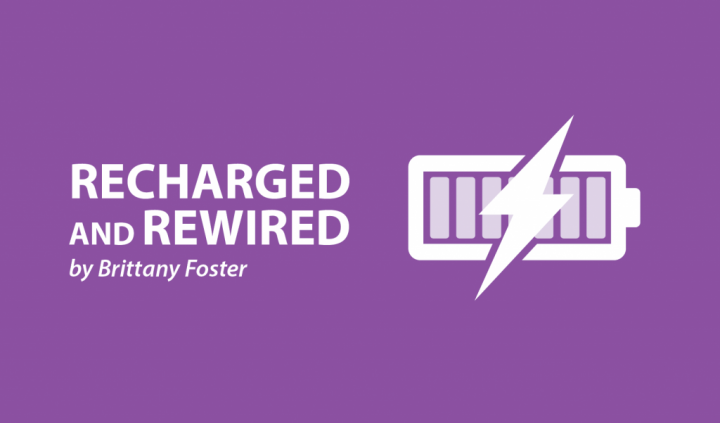Body Acceptance Looks Different for Me, and That’s OK
Written by |

When looking through pictures on social media, I see so many body-positive influencers making powerful statements about the “ideal body.” I see women and men on Instagram trying to show others that beauty standards aren’t realistic. Skin folds, bends, and changes shape for countless reasons. The message is that society’s standards for a “great body” are almost impossible to achieve.
I’ve stopped trying to fit the definition of “ideal” and started appreciating all the wonderful things my body can do for me each day. Although my frame is petite and thin, I still struggle with body positivity. Body acceptance looks different for me than for many of the influencers I see.
Unfortunately, I tried to achieve the “ideal body” in high school. There was a time when, according to a scale at the doctor’s office, I was in the upper weight range for my 5-foot-3-inch frame. At 17, I became obsessed with dieting and diet culture. Exercise was no longer a way to feel refreshed and restore a positive mindset. I began eating and exercising in ways that were harmful and damaging to my mental and physical health.
Years of therapy and women’s studies classes in college helped me realize how toxic diet culture was. I applaud those on social media who create movements to recognize body positivity. Although I have a strong connection to the body-positive movement, accepting my own body does not look the same.
Instead of loving my curves, I am learning to accept my petite and thin frame and the muscle I have worked so hard to gain back. While many in the body-positive movement accept the stretch marks across their stomach and thighs, I work to accept my lack of stretch marks and how I will never have them from pregnancy. It is helpful to learn how to accept my body, even when it looks and feels physically weak.
When I first came across the body-positive posts on social media, I felt embarrassed to share photos of my own body. I felt as though I didn’t exactly fit into what the movement was about. In my mind, I didn’t have the curves to celebrate. I didn’t have a before and after picture to showcase my growth and mental and physical gains. The last few years, my weight has decreased because of lack of nutrition, gastrointestinal disease, and being TPN– and feeding tube-dependent. Finding the mental strength to accept my body, even in my worst physical state of health, has not been easy.
Body acceptance means allowing myself to appreciate all my body is still able to do for me, despite looking and feeling weak. Acceptance looks like sharing pictures of my feeding tubes across my stomach and the holes and scars across my abdomen from over a dozen abdominal and pelvic surgeries in the last year and a half. Instead of showing the stretch marks that many Instagram influencers post, I display a stomach with scarring and indents.
Acceptance over my body also looks like accepting what it can and cannot do. I can’t force my stomach to fold and squish, I can’t show stretch marks from a post-pregnancy body. I CAN appreciate my stomach digesting food the best it can. I can appreciate the small amount of muscle definition I have gained back from physical activity. I can learn to love the small amounts of physical or mental growth.
I am slowly learning that accepting my body doesn’t require the comparison to others on social media that may be part of this movement. Body acceptance and body positivity can look different for me, and that’s OK.
***
Note: Pulmonary Hypertension News is strictly a news and information website about the disease. It does not provide medical advice, diagnosis, or treatment. This content is not intended to be a substitute for professional medical advice, diagnosis, or treatment. Always seek the advice of your physician or other qualified health provider with any questions you may have regarding a medical condition. Never disregard professional medical advice or delay in seeking it because of something you have read on this website. The opinions expressed in this column are not those of Pulmonary Hypertension News or its parent company, Bionews Services, and are intended to spark discussion about issues pertaining to pulmonary hypertension.




Leave a comment
Fill in the required fields to post. Your email address will not be published.